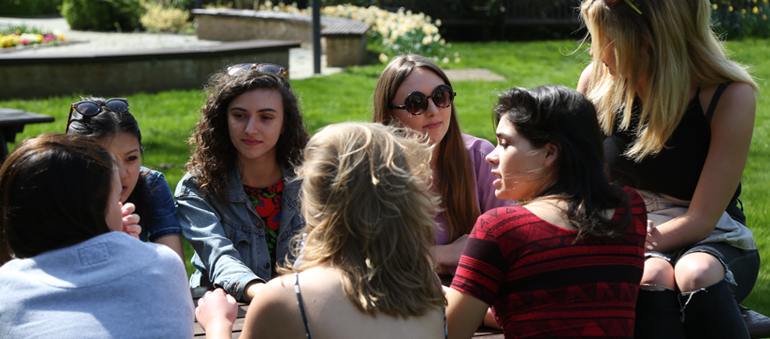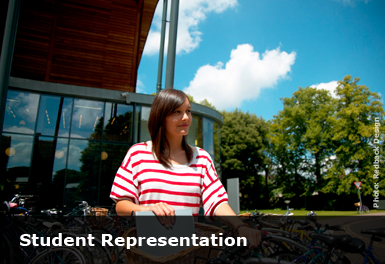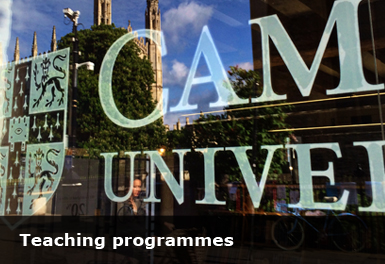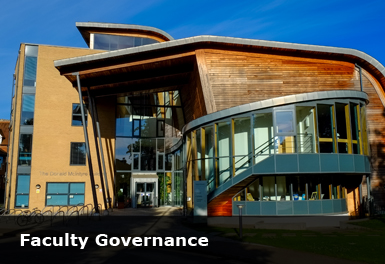We are fully committed to improving students’ experiences by responding appropriately to their concerns and suggestions. In particular, we value highly the contribution that student engagement, feedback and representation makes to the development of our teaching programmes.
Student Representation
We want students to be confident that our processes of representation make a difference to the Faculty. We aim to:
- provide flexible approaches to representation so that all students are able to contribute their views regardless of their study circumstances;
- keep students well informed about the range of ways in which they can express their views, and encourage them to do so;
- support student reps to seek out and engage with the concerns and interests of the wider student body;
- offer suitable training to student reps.
Teaching Programmes
All our teaching programmes have their own processes for student representation, taking account of the different circumstances of student groups. These aim to ensure that concerns and suggestions, whether short or longer-term, are heard and considered, and actions taken where appropriate.
Faculty Governance
Students from across our teaching programmes are formally represented on the following Faculty committees:
- Faculty Board - oversees the work of the Faculty
- Learning and Teaching Committee - leads the Faculty's Learning and Teaching Strategy.
- Research Committee - leads the Faculty's Research Strategy
National Surveys
The Faculty participates in the following national surveys:
- National Student Survey
- Postgraduate Taught Experience Survey
- Postgraduate Research Experience Survey
- Newly Qualified Teachers Survey
These findings help us to improve our future provision and students' experiences.
Programme Evaluation
We undertake anonymous annual surveys for the Tripos, PGCE, Masters and Doctoral programmes covering areas such as teaching content and approaches, organisation and structure, resources and facilities. These findings directly inform our planning for individual programmes and the Faculty more broadly.






